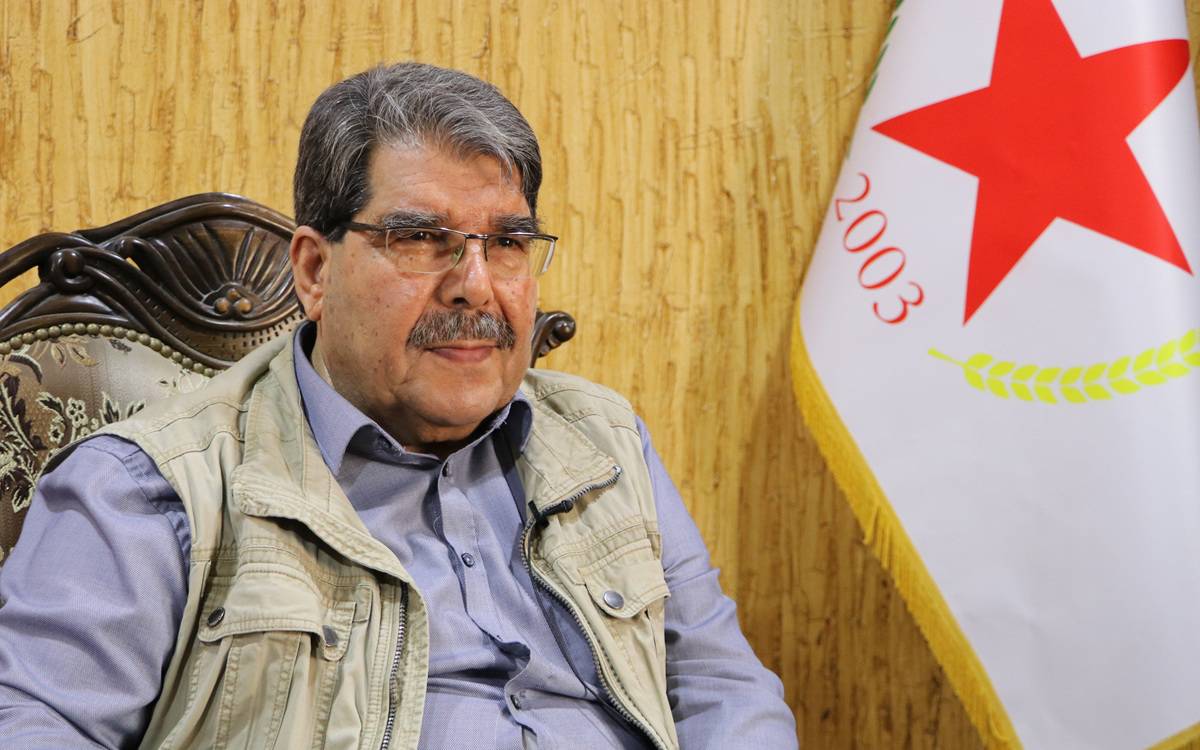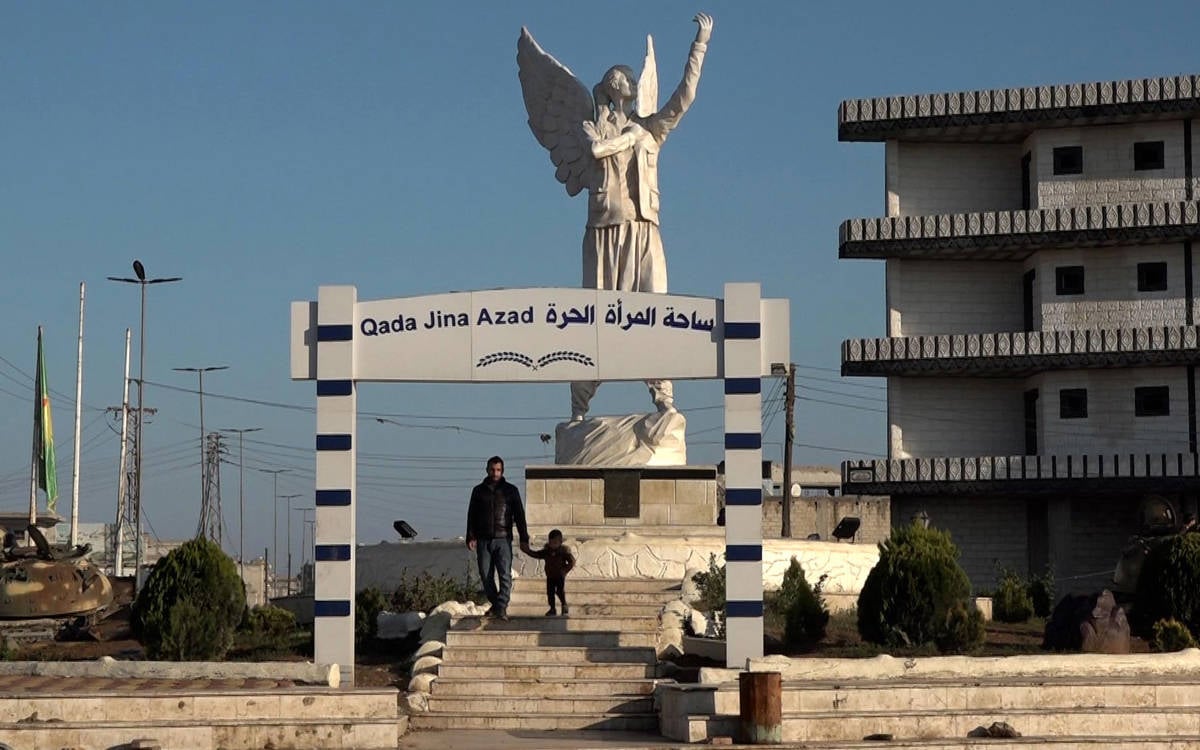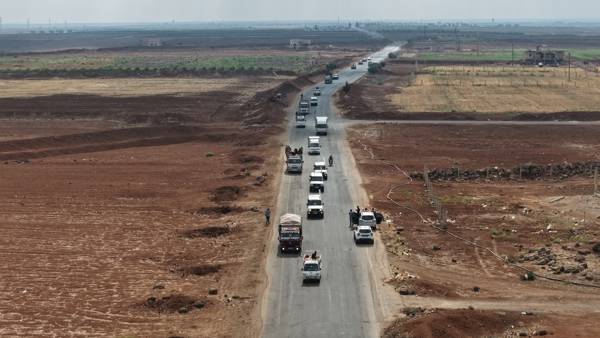Physical Address
Indirizzo: Via Mario Greco 60, Buttigliera Alta, 10090, Torino, Italy
Physical Address
Indirizzo: Via Mario Greco 60, Buttigliera Alta, 10090, Torino, Italy

A senior political figure in Syria’s Kurdish-led autonomous administration has warned that the region may be forced to seek independence if a decentralized political system is not established in the country.
Salih Muslim, former head of the Democratic Union Party (PYD), the main political movement in the autonomous region, said in an interview with the Kurdistani Nwe newspaper that returning to a centralized system in Syria is not an option for them. “If there is no decentralized system, we may have to demand independence,” he said.
Muslim emphasized that the Syrian Democratic Forces (SDF), a military coalition dominated by the PYD’s armed wing, the People’s Protection Units (YPG), must remain intact, saying, “Our region must be protected by our own forces; this is why the SDF was established.”

“The only viable path for Western Kurdistan is democracy. For the region, the best system is decentralization,” said Muslim, adding, “For our region, the best system is autonomy, regional administration, federalism, or even confederation. We will never accept a full return to centralized rule or pre-2011 conditions.”
Commented on relations with the Damascus government, Muslim said that conflict would not bring a solution to the problems and that “we do not want Syria to be divided.”
The Kurdish-led administration does not seek conflict with Turkey, viewed as the main international ally of the Damascus government, according to Muslim. “We are not enemies of Turkey. We have no problems with Turkey. We took up arms to claim our rights in Syria. Turkey should also pressure the Damascus government to resolve the Kurdish issue in Syria.”

After the fall of the Baath regime in December, the SDF and the Syrian government have held talks aimed at reintegrating the SDF into the national military structure. A memorandum signed between the two partires March included constitutional guarantees for the rights and political representation of Kurds and other ethnic groups, along with the transfer of oil and gas fields under SDF control back to the state.
The agreement did not include provisions for disarmament of the SDF, which has so far maintained that it will not disarm.
Turkey’s Foreign Minister Hakan Fidan, following an Aug 13 meeting with his Syrian counterpart Hassan al-Shibani in Ankara, criticized the SDF’s stance. He said the group’s statements reflected “a policy aimed at prolonging the PKK’s existence.”
“My call to YPG leadership is to engage positively with the Damascus government and do everything they can to build Syria’s future together,” Fidan said. “They should quickly stop being a threat to Turkey and the region with the armed elements they gathered from around the world. This is what we want.”

Turkey views the SDF as the Syrian extension of the outlawed Kurdistan Workers’ Party (PKK), which it considers a terrorist organization. The SDF denies any organizational links to the PKK.
Turkey has also been engaged in a peace process with the PKK. In May, the PKK announced its intention to disband as part of the process, and a symbolic disarmament ceremony was held in July. (VK)